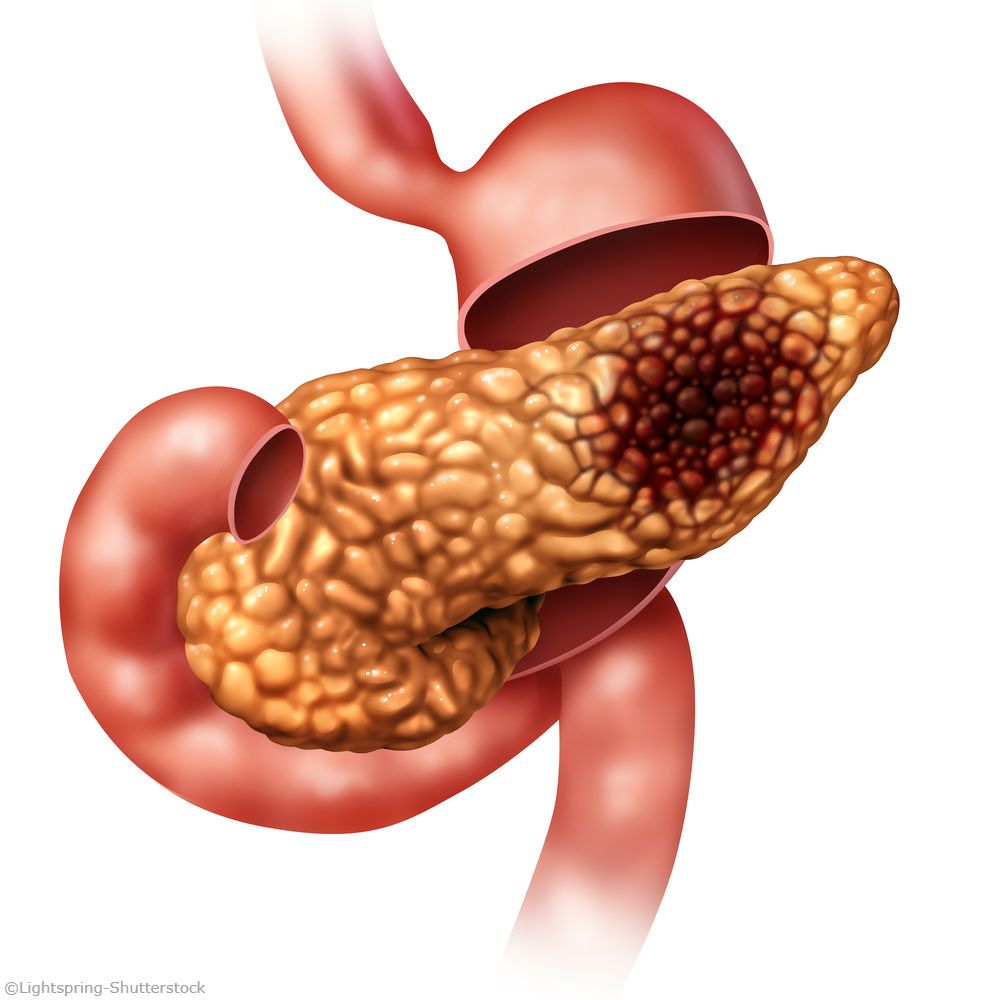
Neuroendocrine Tumors
Latest News
Latest Videos

Shorts

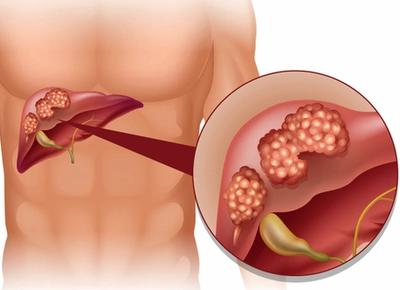

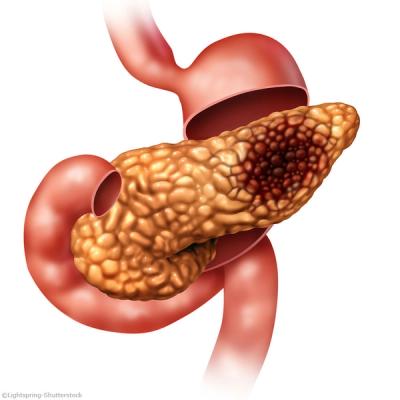
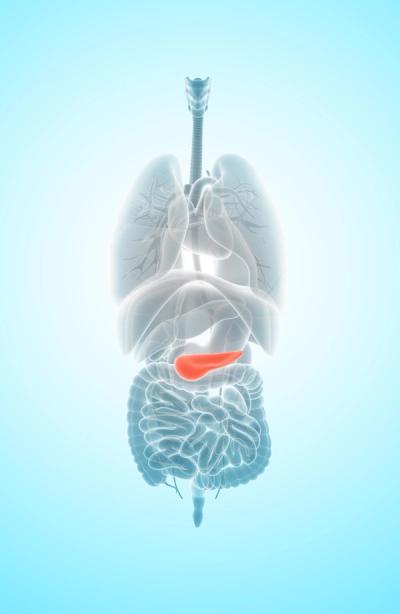
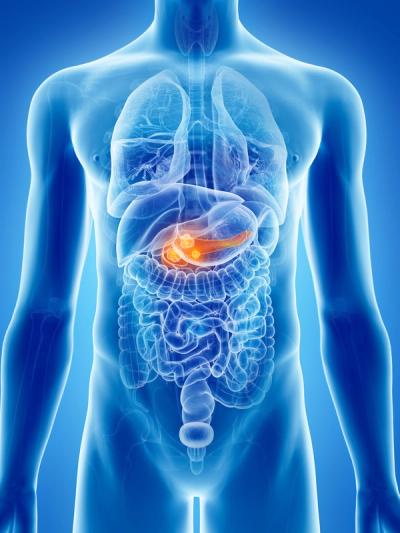
Podcasts
More News

Considering historical trends of underpowered data in NET surgical studies, CUTNETs established a collaboration of surgical teams to better power research.
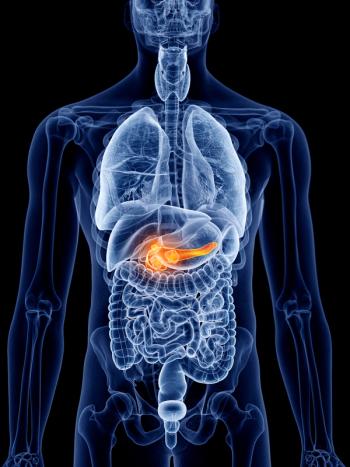
A manageable safety profile and survival benefit was observed across patient groups with somatostatin receptor–positive GEP-NETs.

Data from the phase 3 CABINET trial support the CHMP’s positive opinion of cabozantinib in well-differentiated extrapancreatic or pancreatic NETs.

Anna Greene, PhD, highlights the NETRF’s role as the largest funder of NET research, their current research funding opportunities, and its commitment to patient support.

Data from the phase 3 CABINET study support the approval of cabozantinib in patients with pancreatic and extra-pancreatic neuroendocrine tumors.

Phase 3 data show that ITM-11 produced favorable safety results among patients with gastroenteropancreatic neuroendocrine tumors.

A phase 2 trial revealed survival with ramucirumab plus somatostatin was consistent with other VEGF pathways in treating advanced neuroendocrine tumors.

Investigators are assessing treatment with ELC-100 among patients with pancreatic neuroendocrine tumors as part of a phase 1/2 trial.

Panelists discuss how treatment selection for well-differentiated grade 3 neuroendocrine tumors requires careful consideration of factors including Ki-67 index, tumor biology, and disease progression rate to determine whether platinum-based chemotherapy or targeted therapies are most appropriate.

Panelists discuss how somatostatin analogues, while effective in controlling hormone-related symptoms and tumor growth in neuroendocrine tumors, face challenges including drug resistance, optimal dosing strategies, and timing of initiation in the treatment sequence.

Panelists discuss how accurate grading and classification of neuroendocrine tumors is crucial for determining prognosis and treatment strategies, focusing on key histopathological features.

FDA acceptance is based on phase 3 CABINET trial results, with cabozantinib showing a PFS improvement in patients with pancreatic neuroendocrine tumors.

Data from 2 NETTER trials support lutetium Lu 177 dotatate's approval in somatostatin receptor-positive gastroenteropancreatic neuroendocrine tumors.

Findings from a phase 2 trial support the potential survival benefit of BXCL701 plus pembrolizumab in patients with small cell neuroendocrine prostate cancer.

Data from the phase 3 NETTER-2 trial support the frontline use of Lutetium Lu 77 dotatate well-differentiated gastroenteropancreatic neuroendocrine tumors.

177Lu-PNT2003 is a generic version of lutetium Lu 177 dotatate, which is used to treat somatostatin receptor–positive gastroenteropancreatic neuroendocrine tumors.
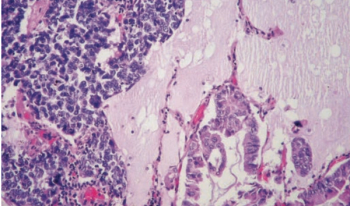
Cabozantinib may become a new treatment option for those with previously treated advanced neuroendocrine tumors based on data from the phase 3 CABINET trial.

Over half of all patients with small cell neuroendocrine prostate cancer treated with BXCL701 and pembrolizumab were alive at 1 year in a phase 2 trial.

Data from a phase 1 trial highlight a clinically acceptable safety profile for BI 764532 in patients with extensive-stage small cell lung cancer and extrapulmonary neuroendocrine carcinomas.

Clearance of an automated immunoassay allows practices to measure chromogranin A concentration in human serum, thereby tracking disease progression in those with gastroenteropancreatic neuroendocrine tumors.

The safety profile of cabozantinib as a treatment for patients with advanced pancreatic neuroendocrine tumors in the phase 3 CABINET trial is comparable with previous reports of the agent.

Patients with DLL3-positive small cell lung cancer and neuroendocrine carcinoma experience early efficacy following treatment with BI 764532.

The addition of bevacizumab to FOLFIRI does not appear to improve overall survival over FOLFIRI alone in patients with gastroenteropancreatic neuroendocrine carcinoma.
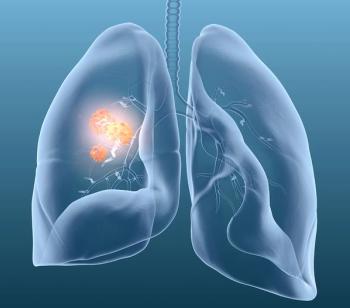
Data from a retrospective study suggests that stereotactic body radiotherapy may be a suitable alternative to surgical resection for patients with primary lung neuroendocrine tumors, according to an expert from Moffitt Cancer Center.

Rolling submission with the FDA for surufatinib treatment in patients with pancreatic and extra-pancreatic neoendocrume tumors was completed and an expanded access program for the drug is currently underway for patients in the United States.



